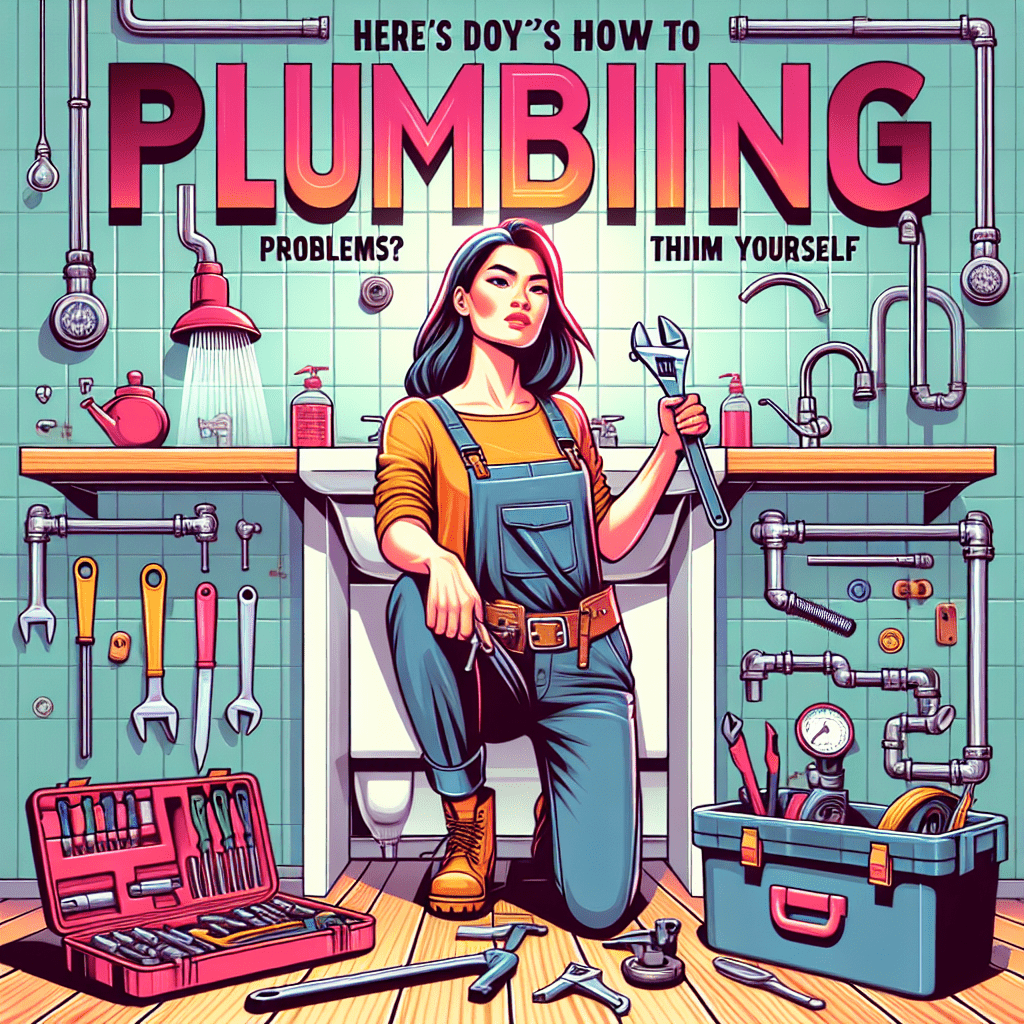Plumbing problems can be a major headache for homeowners. From leaky faucets to clogged drains, issues with your plumbing system can disrupt your daily routine and cause damage to your home. While some plumbing problems require the expertise of a professional plumber, there are many issues that you can easily tackle yourself with the right tools and knowledge. In this guide, we’ll cover some common plumbing problems and provide step-by-step instructions on how to fix them.
Common Plumbing Problems and Solutions
1. Leaky Faucet
A leaky faucet is not only annoying, but it can also waste a significant amount of water over time. To fix a leaky faucet, start by turning off the water supply to the faucet. Next, remove the handle and the stem assembly to access the O-ring and washer. Replace any damaged components and reassemble the faucet. Turn the water supply back on and check for leaks.
2. Clogged Drain
Clogged drains are another common plumbing issue that can be easily fixed without the help of a plumber. To unclog a drain, start by using a plunger to loosen the blockage. If that doesn’t work, remove the drain cover and use a drain snake to remove the clog. Pour hot water down the drain to help clear any remaining debris.
3. Running Toilet
A running toilet can waste a significant amount of water and increase your water bill. To fix a running toilet, start by checking the flapper and the fill valve for any damage. Replace any worn-out components and adjust the water level in the tank if necessary. Check for leaks and test the toilet to ensure it’s no longer running.
4. Low Water Pressure
If you’re experiencing low water pressure in your home, there are a few possible causes to consider. Check the aerator on your faucets for any debris or mineral deposits that may be blocking water flow. You can clean the aerator or replace it if necessary. If the low water pressure persists, you may need to check for leaks in your pipes or contact a professional plumber for assistance.
Conclusion
By following the steps outlined in this guide, you can tackle common plumbing problems yourself and save time and money on professional plumbing services. Remember to always turn off the water supply before attempting any repairs and use caution when working with plumbing fixtures. If you’re unsure about how to fix a plumbing issue or if the problem persists, don’t hesitate to contact a licensed plumber for help.
FAQs
Q: When should I call a professional plumber?
A: You should call a professional plumber for complex plumbing issues such as major leaks, sewer line problems, or issues with your water heater.
Q: How can I prevent plumbing problems in the future?
A: To prevent plumbing problems, avoid putting grease, hair, and other debris down your drains, schedule regular maintenance for your water heater and plumbing system, and address small issues before they escalate into larger problems.
Tip
One tip for preventing plumbing problems is to install drain strainers in your sinks and tubs to catch hair, soap scum, and other debris before it can clog your drains.
#Plumbing #Problems #Heres #Tackle
